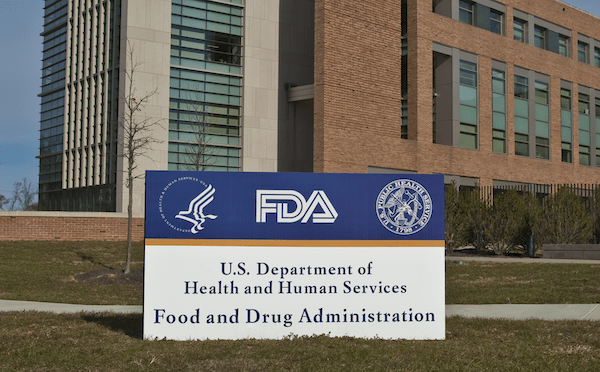
FDA Warns Companies Against CBD for Animals
The U.S. Food and Drug Administration (FDA) has issued warning letters to four companies it says are illegally selling unapproved animal drugs containing cannabidiol (CBD) that are intended for use in food-producing animals.
While the FDA does not know the current extent of CBD use in food-producing animals, the agency says it is taking steps regarding these unapproved and potentially unsafe products now to help protect animals and the safety of the food supply.
The companies include that received a warning include:
- Haniel Concepts dba Free State Oils
- Hope Botanicals
- Plantacea LLC dba Kahm CBD, and
- Kingdom Harvest.
The FDA has not approved any human or animal products containing CBD other than one prescription drug product to treat rare, severe forms of epilepsy in children. Therefore, all other CBD products intended for use as a drug are considered unapproved drugs and are illegal to sell.
Some of the claims made by the companies in the warning letters refer to helping “farm animals with stress, anxiety, pain, inflammation, injuries…” and providing “support to help manage normal stress, promote a calming effect, maintain a healthy gut, maintain a normal and balanced behavior, maintain healthy joints, maintain a normal inflammatory response….” These claims, among others, establish the intended use of the products as drugs.
In addition to the CBD products marketed for food-producing animals, Free State Oils, Hope Botanicals, Kahm CBD and Kingdom Harvest also sell CBD-containing unapproved new drugs for humans and adulterated human foods, according to the FDA. Some of the products were also marketed as dietary supplements even though CBD-containing products do not meet the definition of a dietary supplement. These products include oils, creams, extracts, salves, and gummies.
The FDA has requested responses from the companies within 15 working days stating how they will address these violations and prevent their recurrence. Failure to promptly address the violations may result in legal action, including product seizure and/or injunction.



